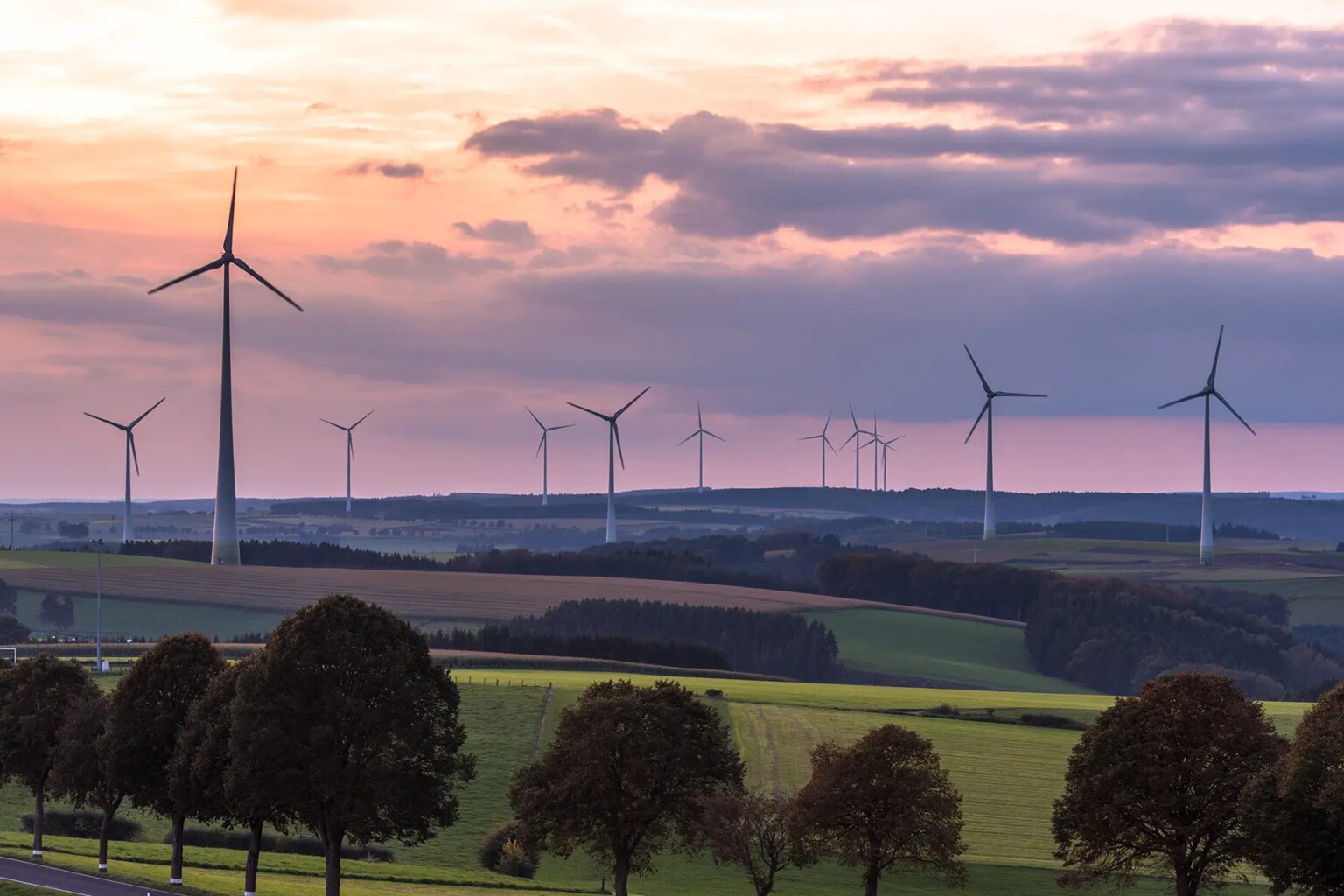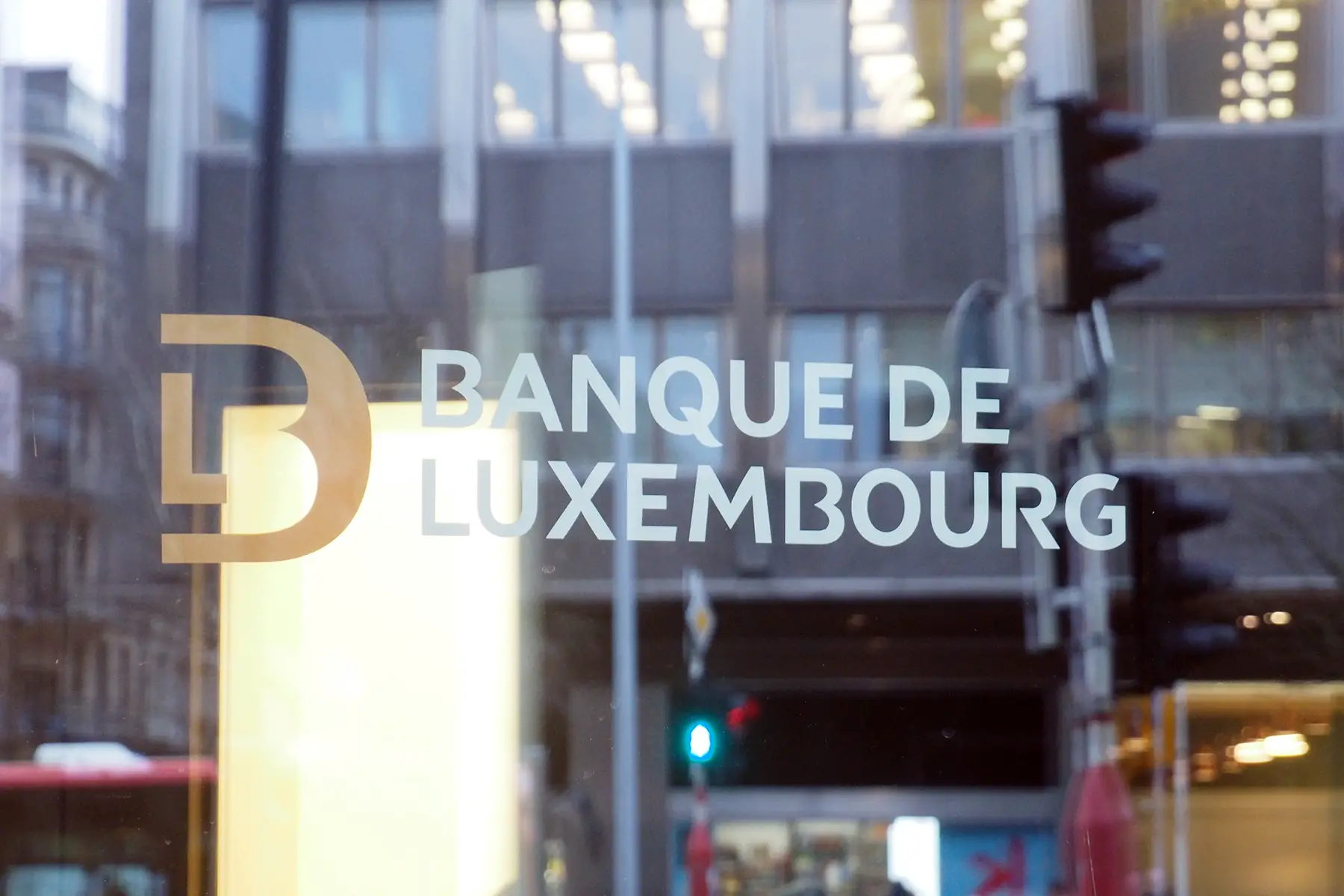When moving into a new home in Luxembourg, one of the first things you’ll need to do is get connected to the local utilities. This includes setting up your electricity, water, and gas supply. You’ll probably also want to connect your home phone, internet, and TV in Luxembourg, so make sure you read up on that topic as well.
Thankfully, the process of setting up your utilities in Luxembourg is fairly straightforward and you have a surprising number of providers and packages to choose from. Whether you’re buying or renting in Luxembourg, this guide provides the following information:
Utilities in Luxembourg
The Grand Duchy might be compact, but you’ll still have some options when it comes to setting up your utilities in Luxembourg. The local energy market is liberalized, meaning you are free to choose the electricity and gas supplier that meets your needs whenever you’re living in the country. Due to its small size, Luxembourg imports most of its energy. However, despite this, energy prices in the country remain below the European Union average.
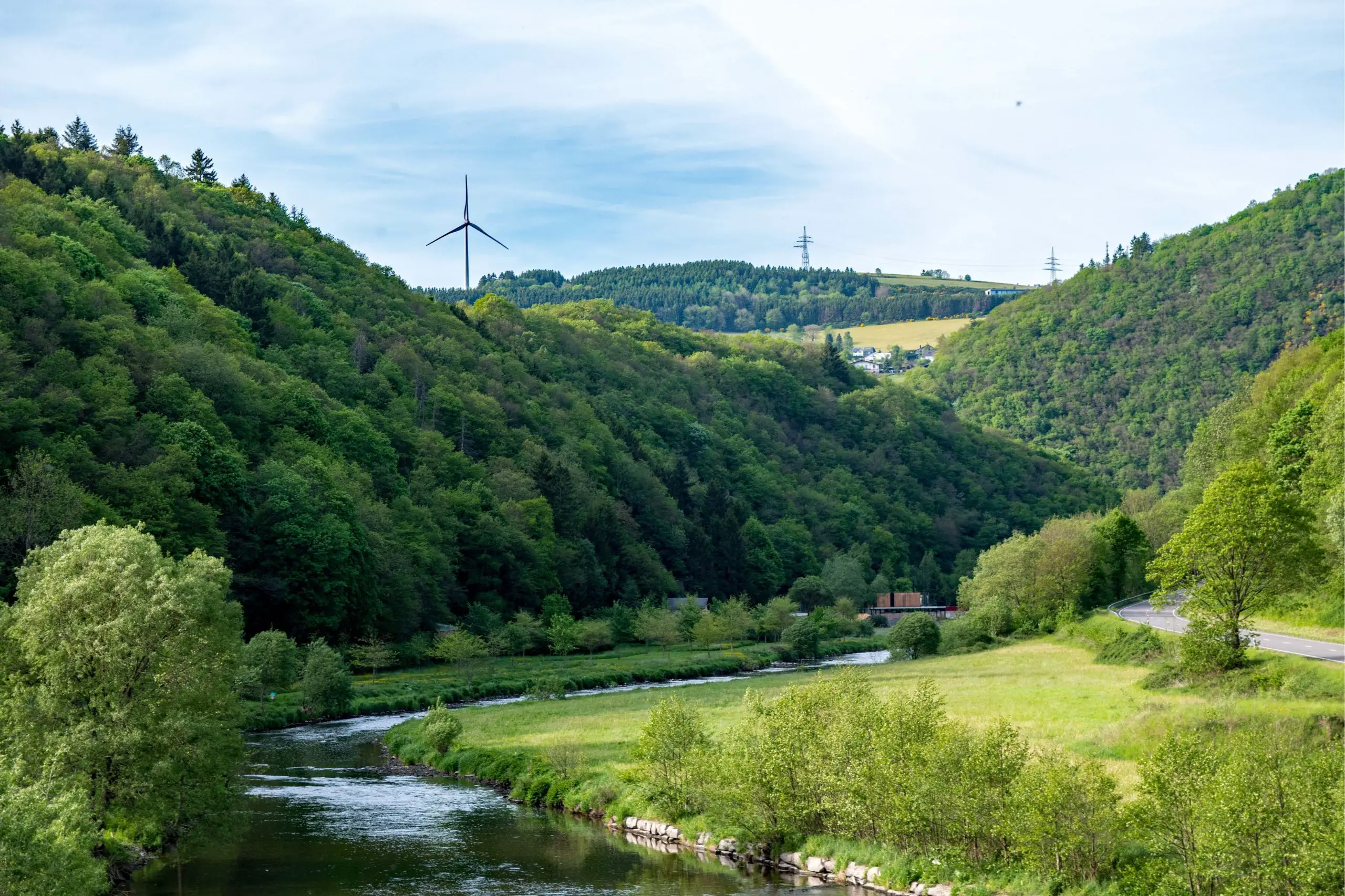
Knowing which supplier to choose can be confusing, especially for expats unfamiliar with the local providers. Be aware that most energy providers offer package deals that mean you can save money if you take out your electricity and gas from the same supplier. Most providers also offer green energy options, meaning you’ll be able to choose a more sustainable source of power for your home.
Water is provided at the local level and you won’t be able to choose a supplier. Each local commune in Luxembourg has its own water provider, so you’ll need to contact your local municipality office to get connected. You can find out how to do this by searching online.
Getting connected in a new home
It doesn’t matter whether you’ve just arrived in Luxembourg or you’ve called the Grand Duchy home for decades, setting up utilities when moving into a new home in Luxembourg is probably high up on your list of things to do.
If you’re buying a new home in Luxembourg, it should be possible to transfer utility services into your name from the previous owner or tenant. Not only will this save you time, but it will also mean that you won’t face the stress of having to find a new supplier immediately after you move. However, the existing connections might not be the best option for you, so you might still prefer to find a new supplier at a later date.
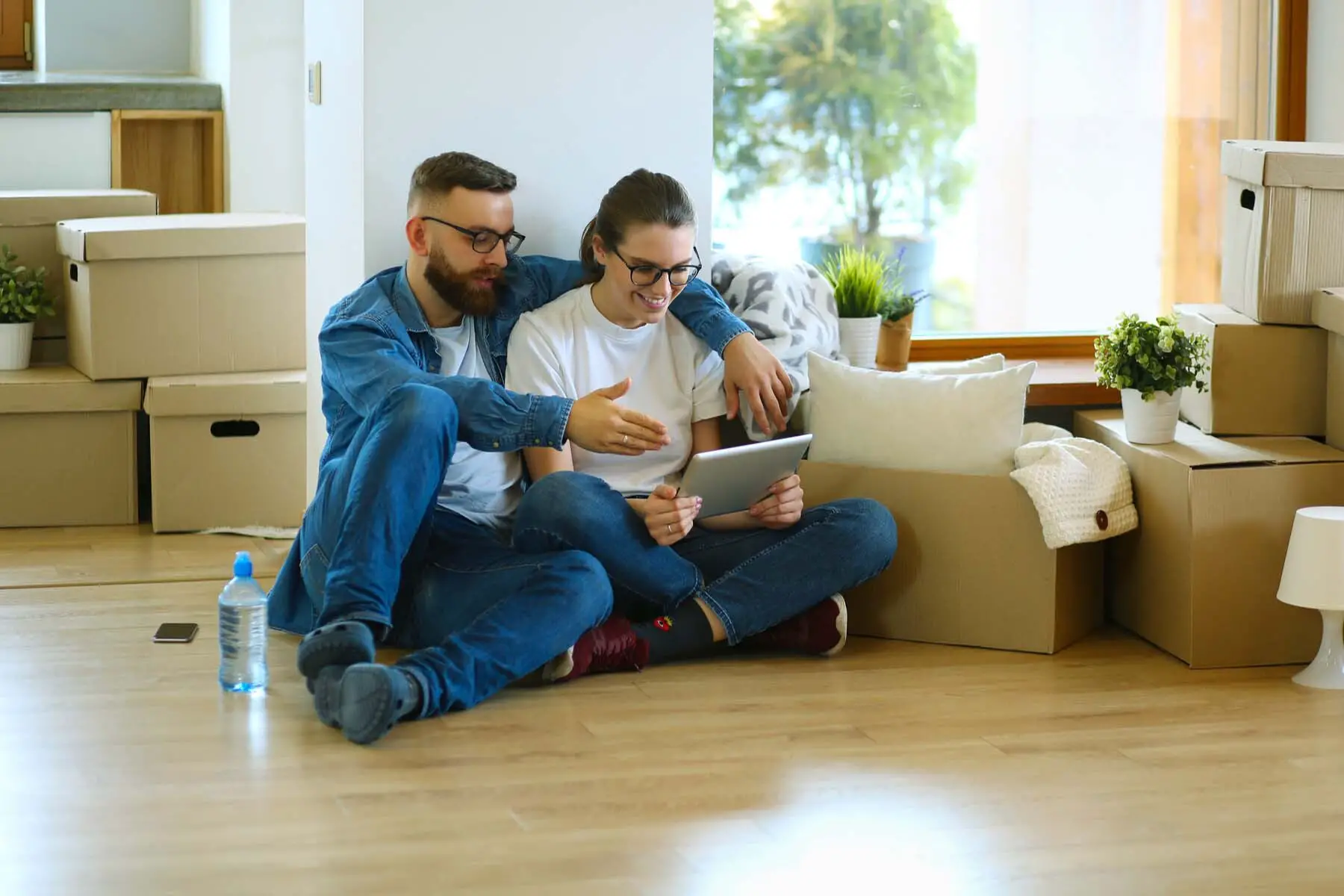
If you’re renting in Luxembourg, it’s possible that your new landlord will have already set up the utilities for the property. In this case, your monthly payments will probably include their cost. Your landlord should be able to issue you with the relevant information on these costs should you need it. However, be sure to clarify what you’re actually paying for before signing any contract. If utilities aren’t included in the rent, you should be able to transfer the existing connections into your name or sign up with a different supplier of your choice.
In case you’re moving into a serviced apartment, you’ll probably have your utilities included as standard. If you are planning on renting long-term, however, you might be able to find a cheaper utility provider. But signing a contract with a new provider may not be worth your while if you’re only staying short-term.
Setting up electricity and gas in Luxembourg
Luxembourg has a well-developed energy network that serves all homes in the country. Creos operates and maintains Luxembourg’s electricity network and gas pipelines. However, you’ll receive your energy supply through only a handful of providers. Be aware that you’ll need to contact Creos if you want to set up a brand new connection for your home or you’re planning to install a charging station for your electric vehicle. Creos can also help if you’re thinking of generating your own electricity through solar panels. You can then sell this electricity back to the national grid, should you wish.
Connection to the electricity network is available throughout the country, and many properties in Luxembourg have smart meters installed. These meters can better manage energy consumption and help ensure you make better decisions regarding your usage. Access to natural gas pipelines may not be possible in some rural areas. Should you require gas in these areas, you might want to consider installing a gas tank. Contact your local municipality office for more information and to find out if your home meets the necessary requirements.
Energy suppliers in Luxembourg
Luxembourg’s energy market is liberalized, which means you’re able to choose the provider that’s right for your needs. Rates vary between suppliers and many offer combination packages including both electricity and gas, should you require both. These combination deals can work out cheaper, so it pays to compare the market and explore your options.
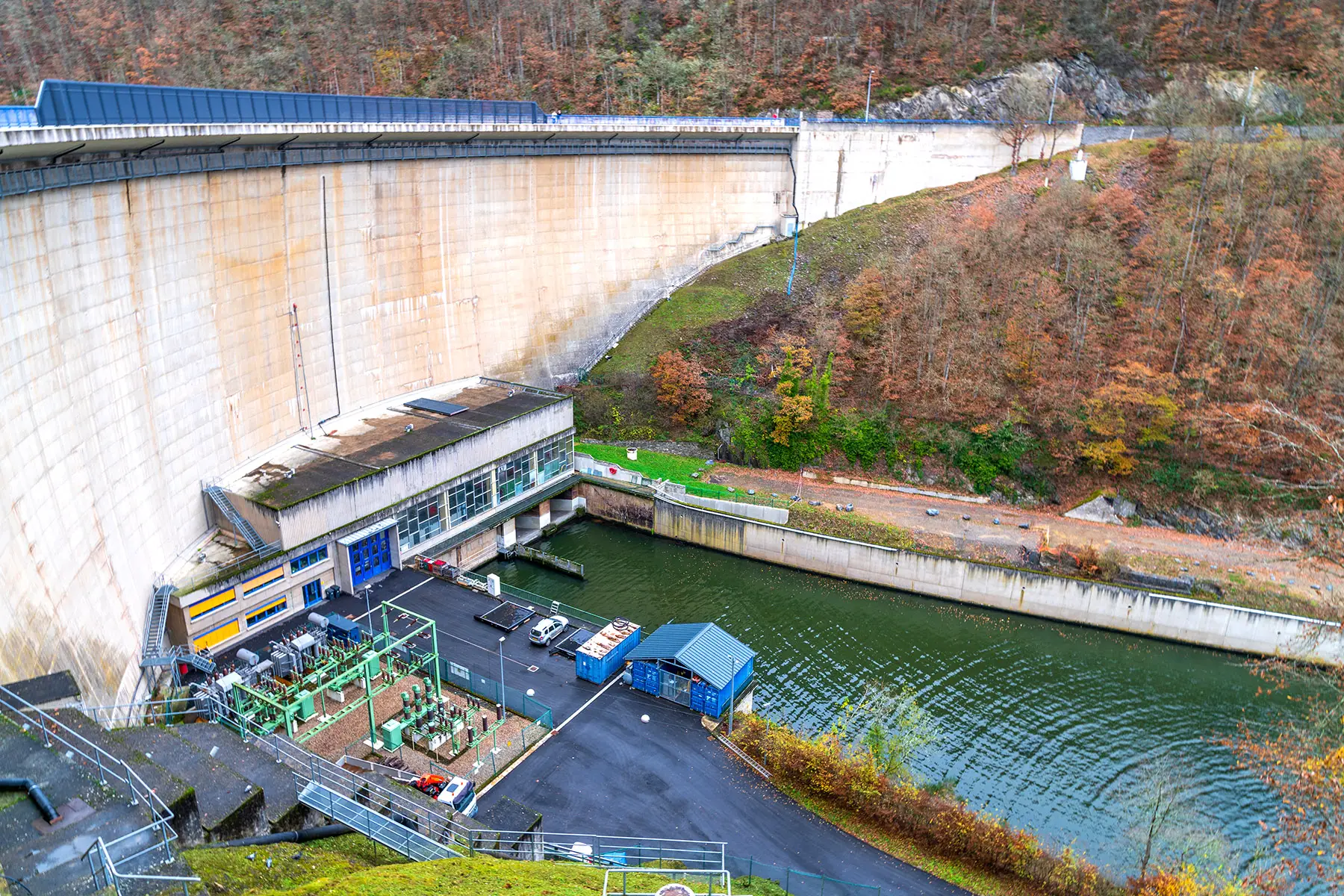
Some energy providers are nationwide, while others operate on a regional level. The largest energy suppliers in Luxembourg include:
- Enovos
- Eida
- Electris
- LEO (part of the Enovos Group)
- NordENERGIE (part of the Enovos Group)
- Steinergy (part of the Enovos Group)
- Sudgaz
Knowing which supplier to sign up with can be challenging, especially when arriving in a new country. However, it can pay dividends to shop around and compare the energy supplier market in Luxembourg to ensure you find the right provider for you.
Green energy in Luxembourg
Are you looking to make more sustainable energy choices for your home in Luxembourg? You’ll probably want to know about the green energy options in your new home country. Compared to other European countries, Luxembourg has relatively low uptake of renewable energy sources, accounting for just 7.5% of energy usage in 2018. However, the market for renewable energy is growing and an increasing number of Luxembourgish suppliers offer green alternatives, including Eida and the Enovos Group.
Connecting your energy supply
Once you’ve chosen your supplier and energy tariff, it’s time to get connected. Signing up with an energy provider in Luxembourg is fairly straightforward, and you can do it either via telephone or the supplier’s website. To sign up, you’ll likely need to provide the following:
- identity (passport or ID card)
- proof of residence (residence permit)
- bank account details (including IBAN – international bank account number)
- proof of address (rental contract, house deeds)
You’ll need a local bank account to set up your preferred payment method. This will be easy to provide if you’re already living in Luxembourg and have a bank account. However, if you’re new to the country, you’ll need a bank account that you can use for automatic collection (direct debit). You can do this quickly and efficiently with a mobile bank account. Read our guide to mobile banking in Luxembourg and see how you can apply today.
Most residential properties in Luxembourg have smart meters installed, which makes the switchover process easier. However, you should still make a note of the meter readings on your first day in your new home. You can then share these with your supplier and Creos, who are in charge of meter readings for all energy companies. This will ensure you only pay for your usage. It can also help bring down the cost of your bills should your provider need to make any estimations about your usage.
Paying your energy bills
When it comes to paying your energy bills in Luxembourg, you’ll likely receive a bill every month or two months, depending on your supplier. Most suppliers will stipulate their preferred method of payment when you sign up. However, the most common are either automatic collection (French: collecte automatique, German: automatische Sammlung, Luxembourgish: automatesch Kollektioun) or bank transfer (French: virement bancaire, German: Geldüberweisung, Luxembourgish: Bankiwwerweisung). You can set up these payments easily through your local bank account.

Your energy supplier will probably want to check your meter readings once a year. When the time comes, you’ll receive a reminder by post or email and it’s likely that a technician will visit your home.
Changing energy supplier in Luxembourg
Changing your energy supplier is straightforward in Luxembourg. If you do want to change providers, simply find the right tariff for you and contact your chosen supplier. They’ll help you change over and many suppliers will let you switch on their website. And don’t worry about being left without power if you choose to switch providers as energy companies should keep you connected through the changeover.
Making a complaint about a Luxembourgish energy company
If you have a complaint about your meter, meter readings, or energy bill, you should contact your provider immediately. This will give your supplier ample time to address the issue. They may even choose to send a technician to your home if needs be, should you have an issue with your meter. Details of your supplier’s complaint process can be found on the company’s website.
Energy suppliers in Luxembourg are regulated by the national regulator, ILR (French: Institut Luxembourgeois de Régulation, German: Luxemburgische Regulierungsinstitut). If you have a complaint about your energy provider or your initial complaint has not been resolved, you should contact the ILR and use their mediation service. You’ll find more information about the mediation process on their website where you can also submit your complaint.
Luxembourgish voltage and power plugs
When moving to Luxembourg, be sure that your electronics are compatible with the standard electrical voltage in your new home’s outlets. In Luxembourg, this is 220V (50Hz). This is the standard voltage for Europe, but significantly higher than many other non-European countries. Make sure you check any appliances you bring from home beforehand to avoid any issues. If there is a mismatch between the outlet and the voltage of the appliances you brought from home, you’ll need to invest in a transformer to avoid any burnouts or danger.
Sockets in Luxembourg are like the rest of Europe, with two-pin plugs and sockets (Type C and the older Type F). Luxembourg is phasing out light bulbs in favor of LED lights or low-energy-consumption bulbs. There is generally one fuse box per household that holds switches for different parts of the home. New fuse boxes have an added “eco” feature to measure the usage of electricity and will switch off fuses if the electrical board goes over the eco-friendly limit.
Power cuts in Luxembourg
Power cuts are fairly rare in Luxembourg but they do occasionally happen, so make sure you have some candles in the cupboard just in case. Should you experience one, check if the street lights are working or if your neighbors have power. If the entire neighborhood is out, you can contact your regional power network operator.
However, if it’s just your home without power, check your fuse box to see if a fuse has tripped or blown. You might be able to solve this yourself. Otherwise, you will need to contact your electricity supplier. Alternatively, if you experience an emergency – whether gas or electricity-related – you can contact Creos on 8002-9900 (electricity) or 8007-3001 (gas) 24 hours a day, seven days a week.
Water supply in Luxembourg
The local water supply in Luxembourg is good quality and the system is fairly easy to navigate for expats arriving in the country. The water supply is administered at a local level, with each commune having its own provider. This can’t be chosen by the individual consumer, though. For more information on your local water provider and how to set up your connection, contact the Service des Eaux at your local municipality office.
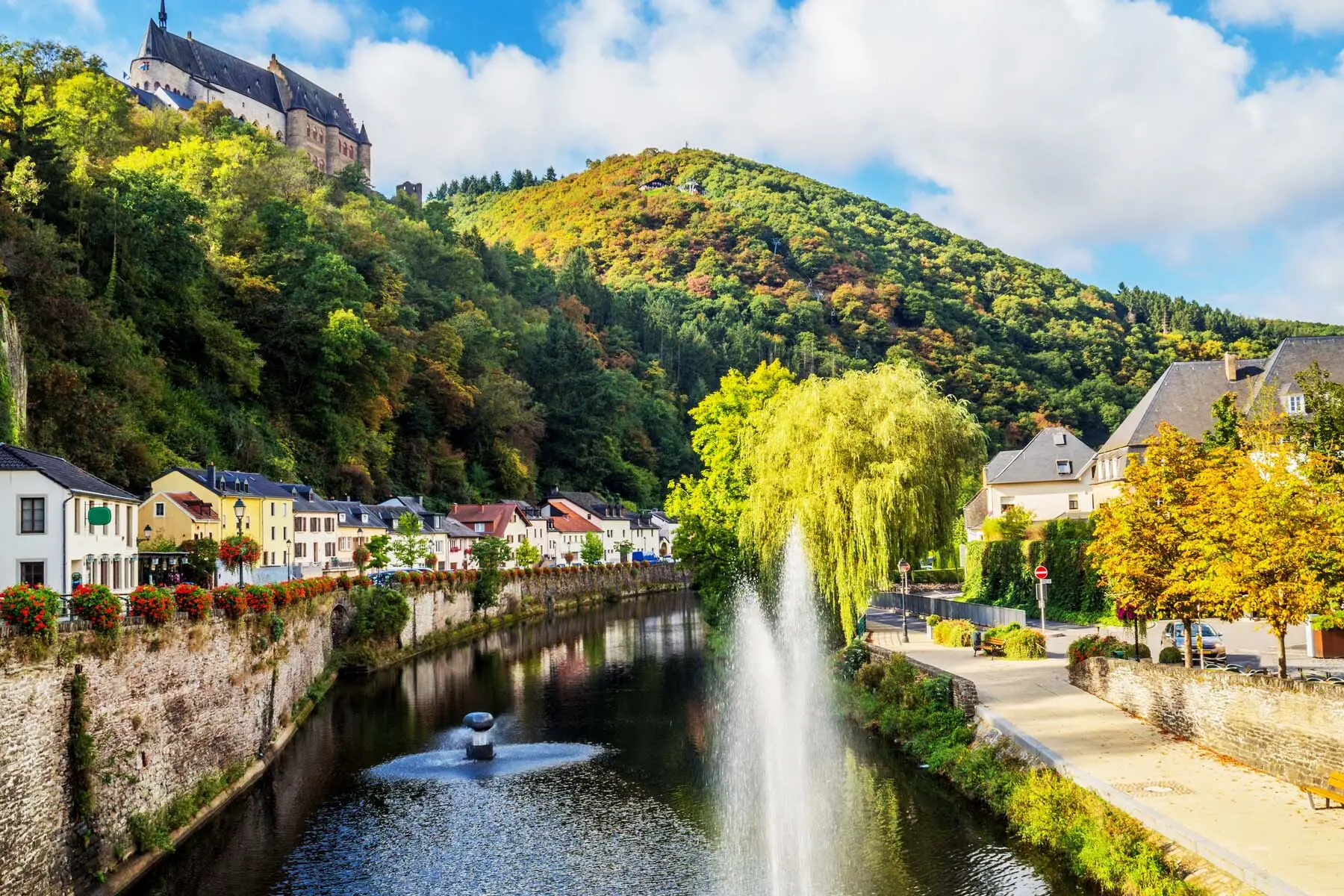
When signing up, you’ll need to let your local municipality office know your moving-in date and the number on the water meter on that date. No one from your local water company should need to visit your home unless there is a dispute over the readings.
Paying your water bill
Generally speaking, you’ll receive a water bill from your supplier once every quarter. This will be based on your consumption that quarter. Once a year, you’ll also receive a final invoice for the year. This will either ask you to pay extra or reimburse you if you’ve paid too much.
Luxembourgish tap water
Tap water in Luxembourg is safe to drink and of good quality throughout the country. It is tested by water companies regularly to ensure its quality. The water is generally quite hard, although it can vary across the country. Should you want to soften your water, you can purchase a water filter.
Useful resources
- ILR – national regulator for energy companies
